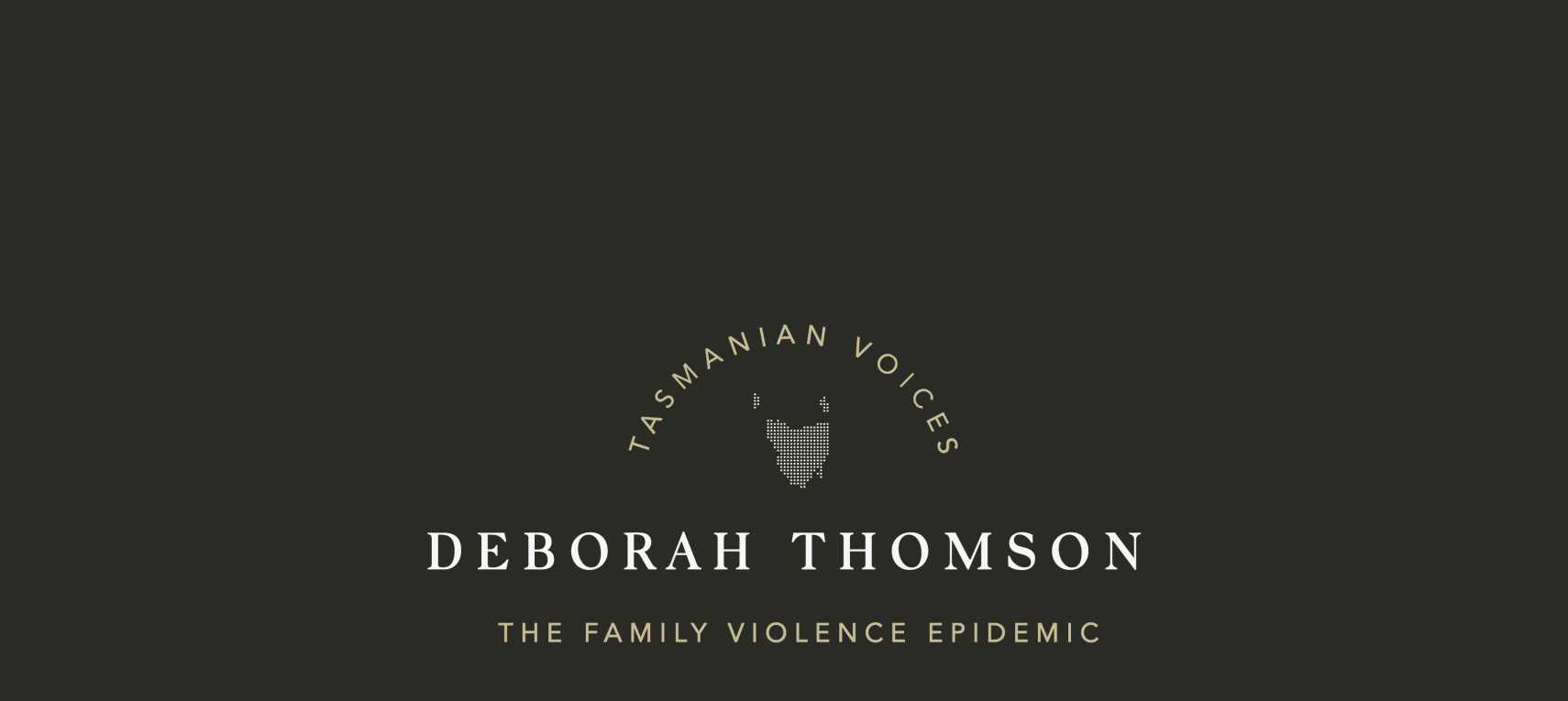I heaped shame and blame on myself. His family blamed me too, which only fuelled my self-blame and shame, increasing my loneliness since I had no one near to turn to for support. It was, I imagined, how one would feel being in solitary confinement. Daily I was in a war zone, the ever-present threat of being physically hurt my reality. I was alone.
I usually write about domestic and family violence with a focus on more general topics, such as our social services, the varying forms of abuse and family law etcetera, as an objective exercise.
In this article I want to write from a personal perspective about something that every victim experiences as a consequence of partner abuse – loneliness.
Being alone and loneliness are often not directly related. People can choose to be alone. Loneliness is more of a feeling that you’re disconnected from yourself and others.
Loneliness in the context of domestic and family violence goes hand in hand with isolation. This isolation is usually forced by the abuser. When I was in an abusive relationship, being isolated with no choice to change that cemented my sense of loneliness.
Before I met my abuser, I already felt socially anxious and mistakenly took that feeling to be loneliness. I then met this man in 1985 while I was at university. At the time I was experiencing social anxiety and shyness, feelings new to me, unexplored and so unresolved. This left me vulnerable to an abusive man with mental problems of his own.
Very early into our relationship my abuser systematically isolated me from every one of my friends and family, indeed anyone who might have been an ally should I have disclosed what he was doing to me.
I had no one to talk to except his friends (only in his presence) or his mother. I was allowed to speak to her without him being there because he and she had a strong bond; she always took his side and did not pose a threat to him, nor present as a possible ally for me.
Phone calls I made to my family (never my friends because I was quickly isolated from them) were monitored and timed. I was allowed to speak to them under supervision for a short time, usually for five minutes.
My friends were treated so rudely they stopped visiting. I lost my best friend due to my abuser fist fighting with her boyfriend, unprovoked. She didn’t talk to me for 10 years and refused to be my friend until I, in her words, “left that madman”.
I was made to feel guilty – I should only want to be in his company, no one else’s.
As our relationship continued, he withdrew his conversation while at the same time isolating me from others, resulting in more time alone with him. This didn’t mean getting to know each other better. Instead, he’d belittle me relentlessly or refuse to speak to me for days. This was so different from his constant attention in the beginning that it only increased my confusion and belief that I lacked the ability to hold someone’s interest. My loneliness became more acute.
Soon after starting the relationship, my partner and I bought a property far from town with neighbours too far away to hear anything when he abused me. By this stage I was so lonely I couldn’t even dwell on the feeling because it hurt so much.
Very soon into the relationship, I repressed my feelings. The whole time around him I was hypervigilant waiting and watching for the next abusive incident. I did not have time to reflect on the true extent of how isolated I was nor how lonely it felt because of the isolation.
. . .
The following is from my first book, Whose Life Is It Anyway? Recognising and Surviving Domestic Violence:
“I suppressed my true self to fit with Wayne’s idea of what being a real woman meant. Who I was no longer mattered, and essentially I became his psychological slave. He gained complete control of my thoughts and actions … the constant mental manipulation and physical intimidation on his part stymied my leaving. It was easier to stay in isolation than to face the unknown outside the home. My grip on reality disappeared and I chose to remain with him.”
Having said that, he also chose to continue abusing me and regardless of whether I stayed or left, nothing excuses his reprehensible behaviour. The children also experienced loneliness and trauma from the emotional abuse of seeing their father’s violence against their mother.
My eldest daughter, now an adult, who lived with abuse in the family the longest of my children. These are her words:
“The struggle is never-ending. No matter how hard you try, you just learn to live with it. Every day brings new struggles and triggers. I truly believe children's brains aren't developed enough to ever cope with that trauma … You could add that I feel like I'm abnormal all of the time, I never fit in and have massive social anxiety. I always feel judged and have a severely strong need to please everyone else in hopes they like and accept me … I also feel very alone because others cannot relate unless they've actually been through it.”
My middle daughter has had to fight mental anguish and trauma and reconcile responses to the abuse she witnessed for much of her early childhood. In her words, “Everyone has different ways of dealing with and responding to trauma. Just because I wasn't hair pulling, nail biting, or yelling and screaming, does not mean I wasn't undergoing an internal struggle for justifying my existence every single day. I had anxiety, attachment issues (inability to form healthy relationships with men resulting in a DV relationship with my ex-partner), inability to maintain long-term friendships (pushing people away when they get too close).
“ I had an overwhelming sense of needing to be independent and alone.”
My youngest daughter continues to enlighten me with her insights.
“Firstly, I’d like to say I cannot and do not speak for all children or their experience of domestic violence. It is difficult to explain my story to someone, anyone, who may not have experienced abuse or trauma … I have so many memories that will stay with me for the rest of my life.
“The abuse I saw taught me that this was how families behaved behind closed doors, and how one resolved conflict through the use of control, manipulation, fear, and physical abuse.
“Something I struggle with in my daily life is identifying and managing the emotional, mental, and behavioural effects of my experience, how they are interwoven into my personality, and how this impacts my connection and communication with others.
“I didn’t have much contact outside the family, but I urge other children, if you are scared or uncomfortable, to tell someone you trust, like a teacher or a friend. Whilst it was by no means easy for mum or for my siblings and myself, leaving my father was the only way to escape the abuse and fear.”
I heaped shame and blame on myself. His family blamed me too, which only fuelled my self-blame and shame, increasing my loneliness since I had no one near to turn to for support. It was, I imagined, how one would feel being in solitary confinement. Daily I was in a war zone, the ever-present threat of being physically hurt my reality. I was alone.
Conclusion
The abused are vulnerable and don’t trust themselves or those on the outside. They are afraid they’ll be judged or disbelieved if they disclose abuse in the family, especially if the abuser is telling them it’s their fault, they are crazy, no one will believe them; or nothing has happened, it’s all in your head.
This perception increases loneliness. Aligned with loneliness is self-deception which is a causal factor in a victim’s decision to stay. It is imperative that outside professional help is sought to clarify what is really happening between persecutor and victim.
I have used the following words in other essays but will use them again as they indicate my state of mind and, unfortunately, many other victims’ state of mind: “I had a secret. I kept this secret for 18 years. I told no-one, just disappeared as a person in my own right and became the woman my partner expected and demanded me to be. Who am I?”
I now advocate for those who don’t have a voice just as I didn’t have a voice for 18 years.
In the words of my youngest child:
“Talking and sharing is hard, and you’re never quite sure how someone will react, but speaking about the experience and the trauma that domestic abuse inflicts is the only way to find the right support and to help others leave early.”
Sharing your situation will also decrease the sense of loneliness you have lived with while being abused.
Deborah Thomson moved to Tasmania with her daughter in 2010, and now lives with her partner of nine years and a parrot. She moved to escape domestic violence and, inspired by her new partner, wrote her first book, Whose Life Is It Anyway? Recognising and Surviving Domestic Violence, to help others recognise abuse (and in particular coercive control), in the home, and to increase their motivation to leave earlier. After publishing her first book, she became a trained advocate through Engender Equality, a non-government Tasmanian organisation working with people and communities impacted by family violence. Deborah Thomson advocates for survivors of family violence, speaking at domestic violence events across Tasmania, through media channels and podcasts. She recently completed a second book, detailing lived experience with domestic violence by her then husband, spanning 17 years from 1985 to 2003. This book is now used in Tasmania as an information resource for family violence counsellors and students on practicals.








